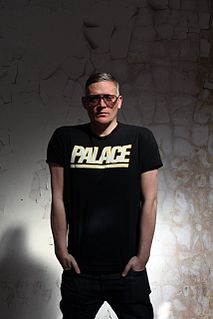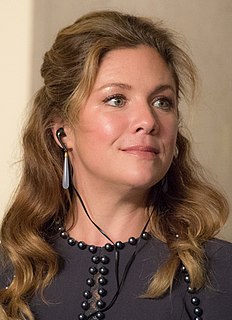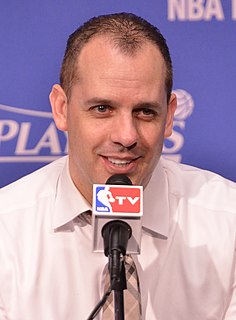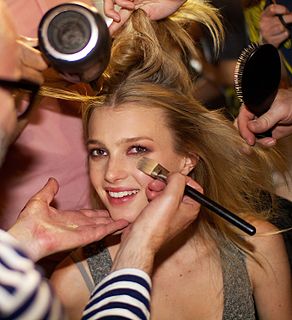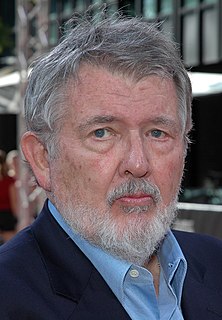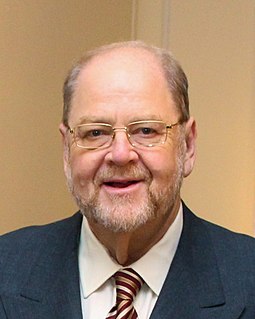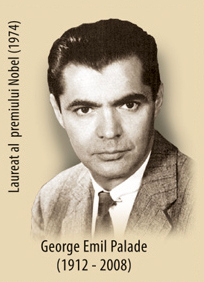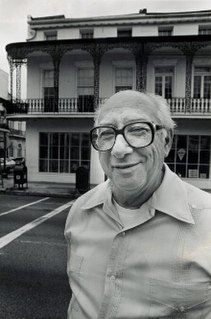A Quote by Andrew Bird
Honestly, I didn't have the patience for biology or history in an academic sense, but I always liked the kind of big questions.
Related Quotes
I took art courses, only in the sense that I was able to - I took art classes, which were fun, which I liked, but it was a - just a kind of a general education that I got, a regular academic - academic diploma, but I kind of had the feeling that art was something that I really liked the most but I wasn't really sure that that was it.
For the academic the rhetorical sense of superiority through the possession of knowledge is essential for facing the daily grind, turning again to the otherwise boring article, braving the students who, fresh as each class may be, will still ask the same questions year after year. Psychological survival is not achieved without effort, and the environment must be managed, knocked about with one's elbows until it takes a shape comfortable to one's sense of self. This is not selfishness, for in reshaping the environment the academic is also reinvigorating the educational process.


